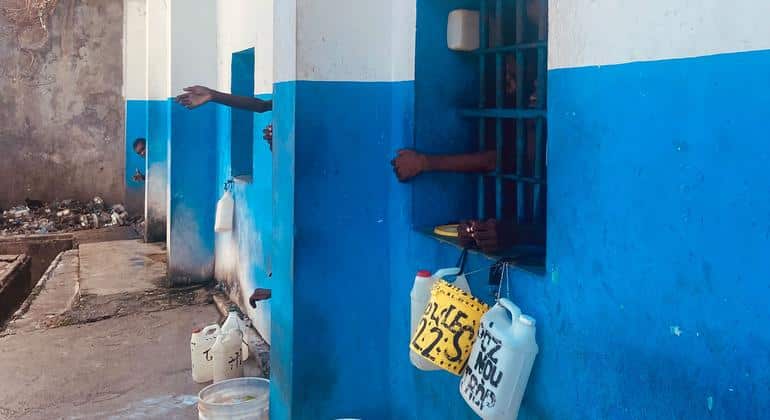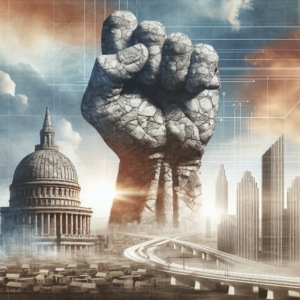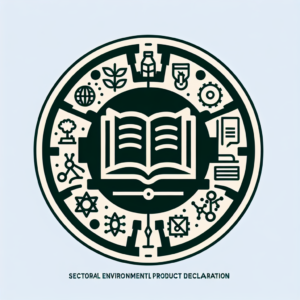Between July and September 2023, at least 52 inmates have lost their lives in Haiti’s prisons, a country that is facing a deep humanitarian, political, and security crisis. The UN has described the prison conditions as “inhuman and degrading”, pointing out that the deaths are due to lack of adequate medical attention, unsanitary living conditions, food shortages, and limited access to clean water.
The situation in Haiti is further complicated by the extreme violence exerted by criminal gangs, which control large parts of the territory, creating an overcrowded environment in prisons. Currently, more than 7,200 individuals, including minors, are incarcerated, with a concerning 82% of the prison population in pretrial detention, many of them awaiting trials that are delayed due to a collapsed judicial system.
The issues within the prison system are exacerbated by corruption, which hinders the proper allocation of resources for feeding and providing medical care to inmates. Some prisons house up to three times more inmates than they were designed for, leading to extreme overcrowding conditions.
William O’Neill, a UN expert on human rights, has described the conditions in Haitian prisons as “frankly subhuman”. His report reveals that inmates survive in overcrowded cells with limited access to light, air, and water. Many deaths have been caused by diseases that, under different circumstances, should not have been fatal. A representative case is that of an inmate who has been waiting for trial for two years for the theft of a pair of shoes, highlighting the inefficiency of the system.
The violence in Port-au-Prince, where gangs dominate up to 90% of the territory, has led to the closure of numerous courts, worsening the crisis in the judicial system. Furthermore, attacks on major prisons have resulted in the escape of about 4,600 inmates, many of whom have rejoined gangs.
In response to this alarming situation, the United Nations has begun to implement efforts to reform the prison system and improve the living conditions of detainees. These initiatives include support for prosecutors and judges, training for police officers and prison officials, as well as the rehabilitation of detention centers, which now have basic facilities such as latrines and access to clean water.
However, O’Neill warns about the need for sustainable results, emphasizing that UN assistance should seek tangible improvement in the justice system, which has so far proven incapable of addressing the ongoing crisis.
via: MiMub in Spanish











